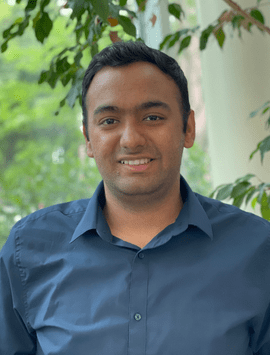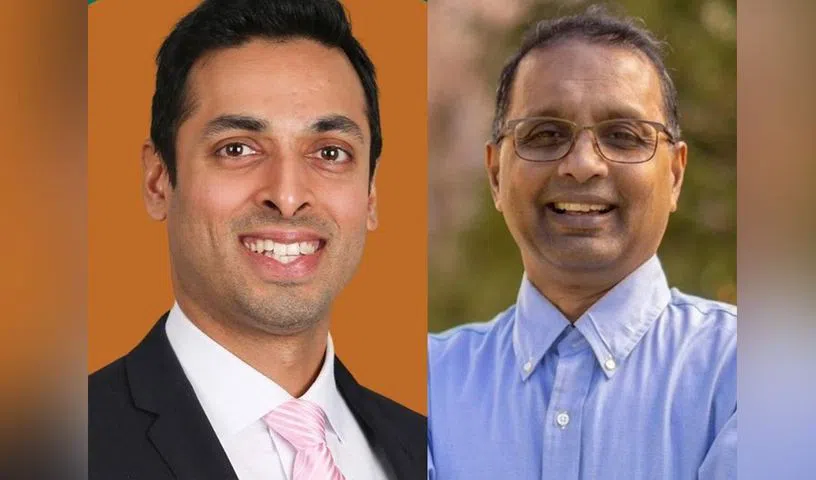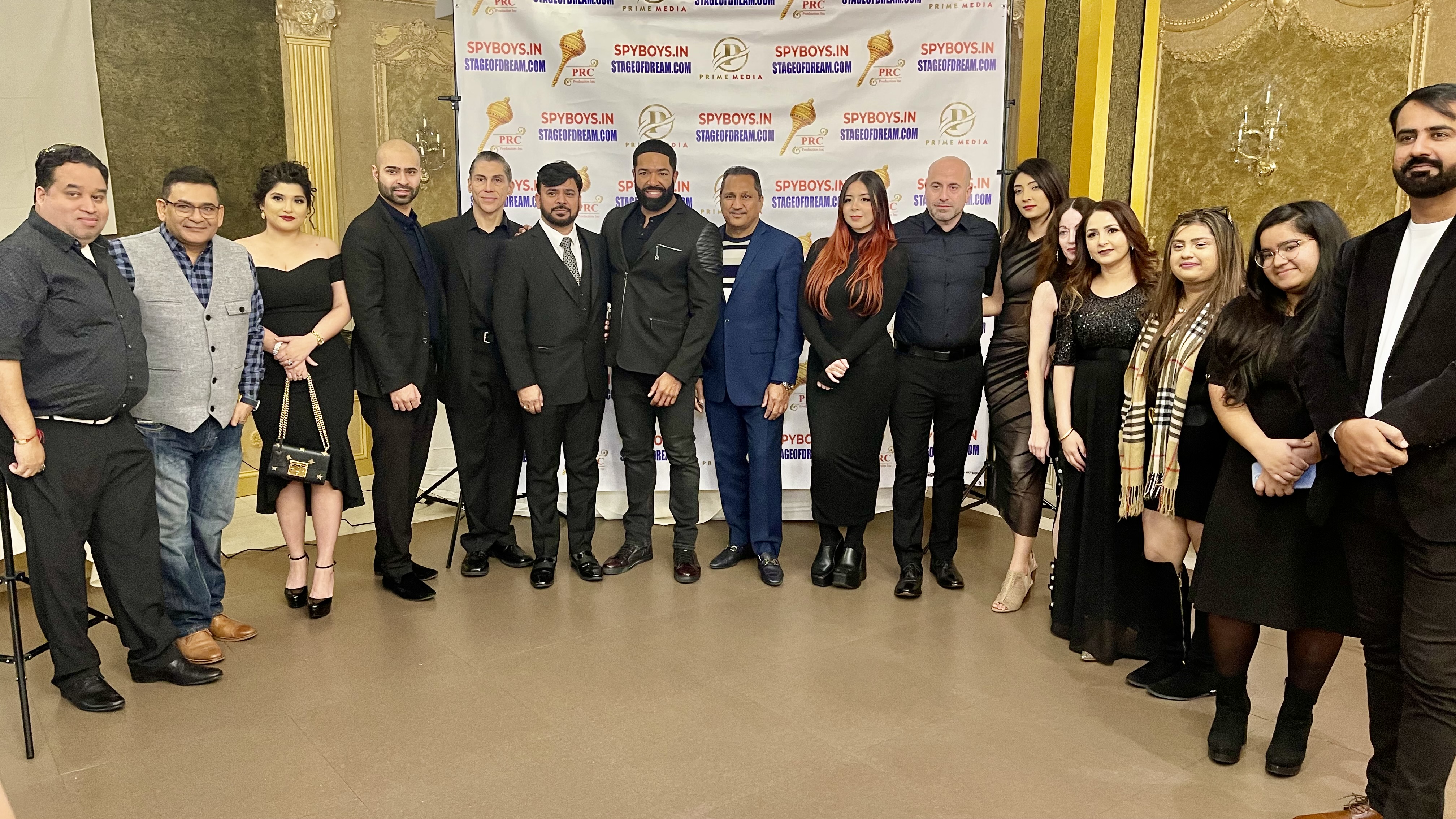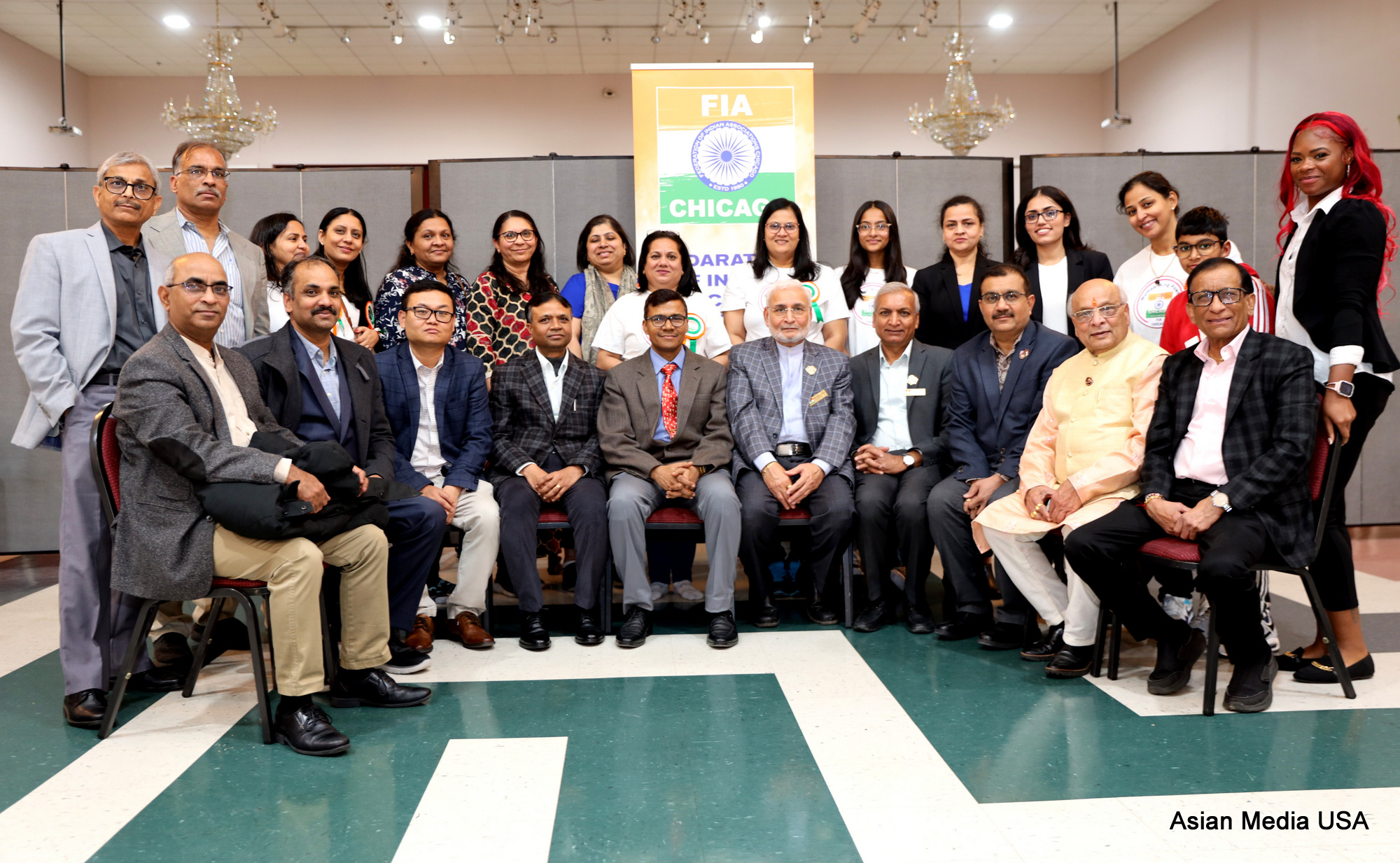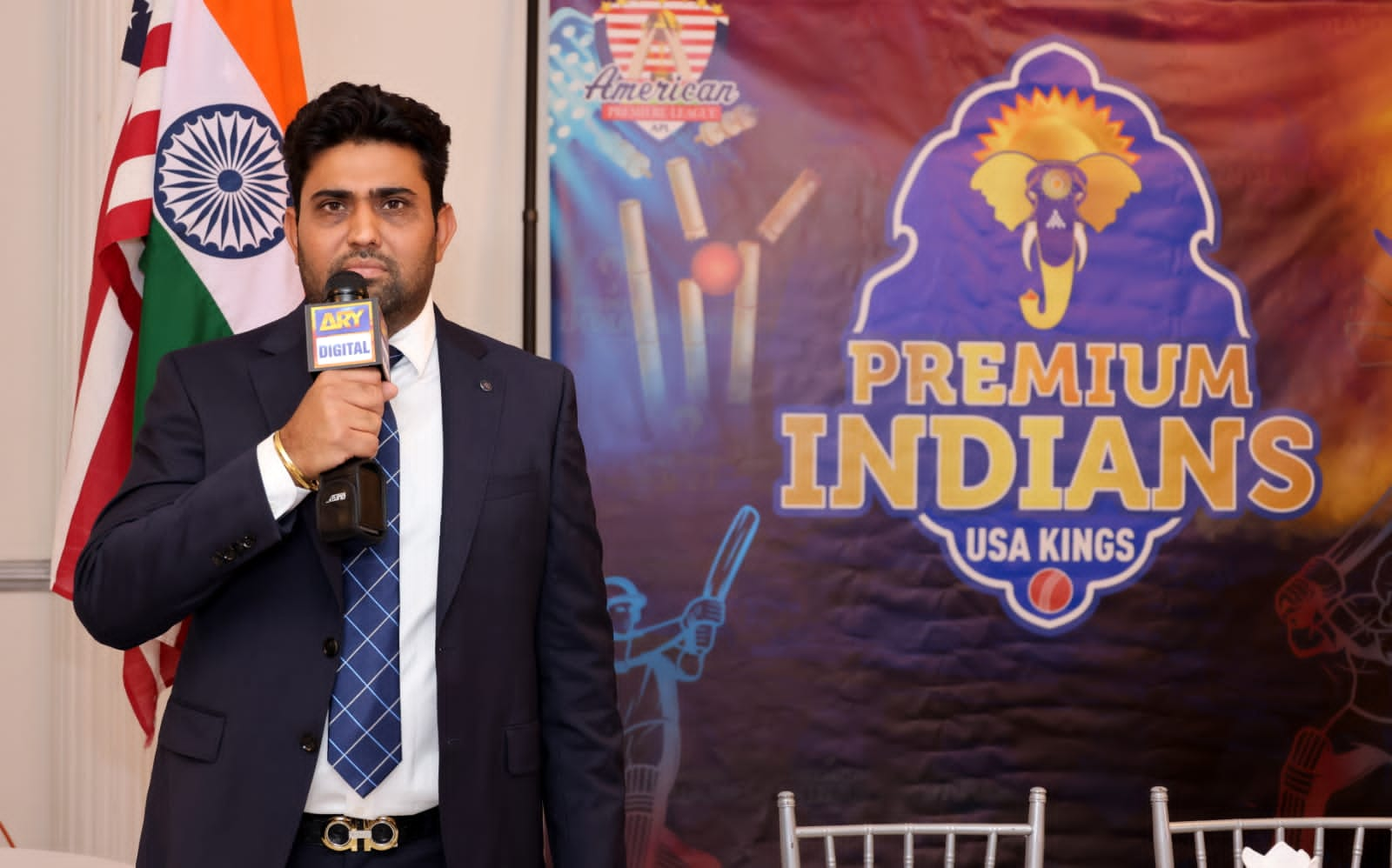Our Bureau
Atlanta, GA
Saksham Malik won the 2024 Davidson Family Tau Beta Pi Senior Engineering Award, the highest honor presented to one graduating senior each year from Georgia Tech’s College of Engineering.
During his first year, Malik never set foot on the Georgia Tech campus as he was taking his courses remotely in 2020-21 due to the Covid-19 pandemic, staying at home in Delhi. But he made up for lost time socially when he arrived at Tech in fall 2021, taking on a host of leadership roles that led him win the coveted award.
“As everyone tried to get back to normalcy, I got involved with a lot of different activities to make the Georgia Tech community a better place,” said Malik, a chemical engineering major.
“We’ve built a great board who are committed to taking the chapter to greater heights,” he said. “I’m very proud of the work we’ve done. Malik has also taken an active role in research, serving as an undergraduate research ambassador to help students find opportunities in labs on campus.
Malik himself is an undergraduate research assistant in the lab of Michael Filler, a professor in the School of Chemical and Biomolecular Engineering (ChBE). There he has studied the process of fabricating nanomodular devices for printed electronics.
Having earlier participated in research in the School of Psychology and School of Chemistry, Malik is a two-time recipient of a Georgia Tech President’s Undergraduate Research Award.
Also, a two-time holder of the Thomas L. Gossage International Enrichment Scholarship, Malik has also served as a ChBE peer mentor. “I’ve mentored three first-year students, and it’s been great to see their growth over time. I’ve also served as an undergraduate teaching assistant in ChBE as well as in Math and Physics.”
After graduation in May 2024, Malik plans to pursue his PhD studies in chemical engineering. He has been admitted into five doctoral programs: Georgia Tech, Massachusetts Institute of Technology, Stanford University, the University of Michigan, and the University of Texas-Austin.
“I haven’t made up my mind yet on which PhD program, but I know I want to research nanomaterials,” Malik said. “After I earn my PhD, I’m open to both academia and industry, but I’m leaning toward the latter to make more real-world impact.”
















